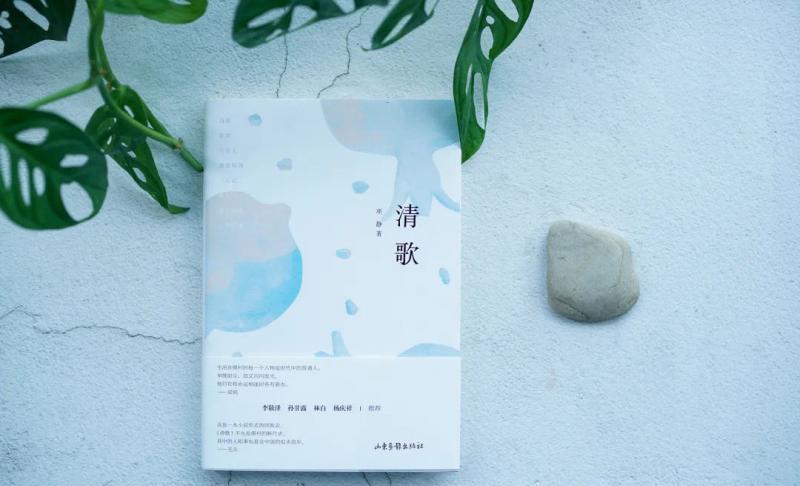"I think that everyone who has experienced local life is often difficult to forget, and it is difficult to get rid of the traces given to them by the hometown space. I want to write this trace. Xiang Jing, a young writer and associate professor at East China Normal University, wrote in her new work "Qing Song".
On the evening of October 22, Shandong Pictorial Publishing House held a sharing meeting for the new book "Qing Ge" in Beijing, which was attended by writers Li Er, Ji Yaya, Liu Ting and the author of the book, Xiang Jing. At the event, guest Li Er gave a high evaluation to "Qing Song", calling it the rural version of "Old Things in The South of the City".

"Qing Song" is a collection of novels created by young critic Xiang Jing based on the life scenes of her hometown of Fu Village, involving rural doctors, old people, sacrificial veterans, film projectionists, rural teachers and other characters. The old lady in "Grand Tour" has great ambition in waiting and heals a depressed life; the three village doctors in "Three Friends", in their short lives, have had many secrets and dark nights, and they rely on their inner firmness to survive these dark nights... Every character living in Fu Village in the novel is an ordinary person in the era, humble as dust, but sparkling.
The new book sharing event was held on the eve of the traditional festival frost, and the guests gathered together to share the memories of rural life in different eras with the readers and friends on the spot: the legendary medicine box of the veterinarian; the waiting when handing over the public grain; the waddling steps of the littlefoot grandmother; the hat woven by the mother... Scene after scene flashes from the mind frame by frame like a black-and-white movie projection, and the readers who arrive at the scene sometimes raise the corners of their mouths, sometimes with bitter faces, as if each frame of playback is resonating with their past lives. In Xiang Jing's view, writing about the hometown is the writer's literary responsibility, "When writing the hometown, there will be a sense of responsibility, and when you continue to write, you will have a more meaningful and valuable hometown in your heart." ”
Text/Beijing Youth Daily reporter Zhang Zhiyi
Editor/Ying Qiao